tl;dr
Don’t be afraid to get creative. Lots of platforms support lots of formats — NFTs can be much more than things that collect digital dust. Try experimenting with minting code, PDFs, 3D models, even interactive games. Those who push boundaries are often rewarded. Our example is the RMRK2.0 standards — without pushing the boundaries on what NFTs can and should be able to do, we would still be stuck in Ethereum-land with simple collectibles that do nothing. But because we dared to move fast and break things to reach a point of extreme innovation, we succeeded.
○○○
Many have observed that we are at the cusp of an NFT boom. The thing is, it’s so cutting edge, that many people don’t know what it is. What exactly is an NFT and how can one create a lucrative career out of selling them? To address this, as a part of our interview series called “5 Things You Need To Know To Create a Highly Successful Career In The NFT Industry”, we had the pleasure of interviewing Bruno Škvorc.
Bruno is an Ethereum OG who started out with training web2 developers on moving to web3 back in 2015. Since then he’s worked on Ethereum 2.0 and most recently as a technical educator in the Web3 Foundation which is spearheading the development of the Polkadot and Kusama ecosystems. He’s been working on RMRK, a protocol for minting NFTs on the Polkadot and Kusama ecosystem, since Q4 2020, when he noticed the NFT boom ramping up again and felt like it would be a shame for Kusama to miss out on it.
○○○
Thank you so much for doing this with us! Before we dig in, our readers would like to get to know you a bit. Can you tell us a bit about your backstory and how you grew up?
Igrew up in Croatia, a small odd-shaped country in the Mediterranean. I used to be into animation and games as a child, so I became a Flash developer in my adolescence. Best development experience of my life, still. I then moved into web development and later on, as Ethereum came about, into web3 development. The rest is history, I got hooked on blockchain and never left. In whatever free time I find I like to be in VR, or go bouldering, running, or otherwise relax in some way with my wife, daughter, and beagle.
Is there a particular book, film, or podcast that made a significant impact on you? Can you share a story or explain why it resonated with you so much?
I only remember Fight Club as the first “high IQ” movie I saw. I was unfamiliar with crazy twists until then. This made me pursue all non-action movies since, and so I’ve built quite a portfolio in my head. Interestingly, while none of this resonated too much with me in terms of impacts, it did drive me into piracy — I collected so many movies people wanted to buy them off me, so I bought a CD burner and started dealing movies no one else had yet in a little country such as Croatia. It was a fun part of my life for sure, one that luckily ended well (with me quitting the venture, and not jail, haha).
Is there a particular story that inspired you to pursue a career in this new industry? We’d love to hear it.
Well, even just one single generation ago all the information my parents got was coming from state-sanctioned media: newspapers, TV, radio. With internet, that all changed, but now it’s changing again into censorship and political ideology, not to mention the financial imprisonment where a few institutions get to decide what YOU get to do with YOUR money.
So decentralization, censorship resistance, and the permission-less nature of public blockchains like Ethereum is what drew me to this space. I want to build technology that offers people a choice between total freedom and the safety of institutions.
If someone wants bank insurance but negative interest rates, that’s fine. But if someone wants 50% yearly interest in highly risky ventures, or wants to invest in tokenized real estate across the ocean, they should be able to do that too without having to ask anyone for permission.
Can you share the most interesting story that happened to you since you began this fascinating career?
I sold a crypto cat in 2017 for more money than my parents earn together in a year.
This was the craze of CryptoKitties back in 2017 as the first NFT wave hit the blockchain world. The game was so popular it crashed Ethereum at the time — well, not crashed, but increased fees so much it became too expensive to use Ethereum. Fun fact — that wave wasn’t even 10% of what we’re experiencing right now on Ethereum with DeFi, and yet no one seems to mind because there’s so much more we can do on the blockchain than we could back then.
Can you share a story about the funniest mistake you made when you were first starting? Can you tell us what lesson you learned from that?
I learned not to day trade against the house by losing a whole bitcoin on Bitmex :) I have no idea when exactly that was, I think around 2017.
I learned about this concept of betting on bitcoin price by betting with bitcoin. I decided to try it out and, of course, I used 100x leverage right off the bat. A few bad calls later I learned my lesson — up until then I had never traded, only invested in ICOs and developed. So this first trading experience made me learn what’s going on here actually, and since then I grew as a trader as well, I think.
It’s a type of expensive mistake everyone has to make before succeeding in this space, there’s just no other way to learn — other people’s mistakes simply do not teach. Not sure why that is, but once you burn yourself you kind of “level up”.
None of us are able to achieve success without some help along the way. Is there a particular person who you are grateful towards who helped get you to where you are? Can you share a story about that?
Sure, Ophelie Lechat from SitePoint.com was my boss when I was editor of the PHP tutorial channel there. I’ve learned a ton from her, and this prepared me for a very fruitful writing and editing career in education — this was the base on which all my work since then rests.
This was a job I had for some 5 years before blockchain, and I was in charge of ~100 authors producing community-sourced tutorial content on this extremely popular technical education website. It took a lot of effort of wrangle all those people, verify their code, and fix their writing, and through guidance from Ophelie I believe I matured from “just a guy a bit higher up the ladder” to “competent lead” at the very least. With her help I also introduced some new concepts like Peer Review into technical writing of community sourced material, something I’ve since taken into two other jobs to form two similar community in a similarly successful way.
Are you working on any exciting new projects now? How do you think that will help people?
We have just launched an NFT minting and trading UI on the Kusama blockchain. It’s called Singular, can be found at singular.rmrk.app, and it lets anyone mint clean (eco) NFTs for as little as 3 cents, and sell them to others. This is part of a big NFT drive on the Kusama network, and a huge ecosystem expansion plan — our focus is UX optimization so we want to make it all easy to use as possible.
Additionally, the standard will spread out between all the chains that connect to Kusama. Kusama is the chain that’s focused on connecting different blockchains together — like connecting Bitcoin to Ethereum and to Monero. In many ways it’s a tide that rises all boats — and our NFT standards are standards that will go to all those connected chains just through that connection. It’s all very exciting!
Ok super. Thank you for all that. Let’s now shift to the main focus of our interview. I’m sure you get this question all the time. But for the benefit of our readers, can you explain in your own words what an NFT is, and why people are spending so much money on them?
An NFT is anything that can be presented in a way that is unique to the observer. So a concert ticket, even if one of many, is special to the concert goer because it’s Theirs, same with art and similar. In layman’s terms, an NFT is quite simply just a database records of you having *something* that is not interchangeable with other *somethings* of the same type.
It’s important to note that fungibility (interchangeability) is a spectrum. Something that’s fungible to you may not be fungible to me. For example, my cat and your cat are non fungible — we don’t consider them identical. But two same-looking purple swords in a video game might be fungible to me and non fungible to you — you may value looks, in which case it doesn’t matter which one you have, but I may value the sword’s attributes and in that case they are absolutely non fungible to me.
The NFT industry seems so exciting right now. What are the 3 things in particular that most excite you about the industry? If you can, please share a story or example for each.
Composeable NFTs are very exciting to me — NFTs owning NFTs to alter visual and functional experiences. NFTs as DAOs also make sense — people democratically governing NFT functionality. And of course, multi-resource NFTs so NFTs can be multiple things at once. We call these Art Legos, and we built them as part of RMRK2.0, so this enables a very exciting use case. Imagine: a big digital billboard in some metaverse VR space, and then this billboard can have its shareholders (DAO) and big brands like Coca Cola and Pepsi can send it the ad they want to display on the billboard. So now the tokenholders of this NFT can decide which ad to show, and the corporations have to pay the tokenholders to vote a certain way. The billboard is an NFT, the land it is placed on is an NFT, and the texture of the ad to display is an NFT. You suddenly have community-governed metaverse real estate!
What are the 3 things that concern you about the industry? Can you explain? What can be done to address those concerns?
Lots of people are minting just for the sake of minting and making money, and it’s all kind of losing its appeal due to lack of quality.
I’m also worried about the fees — people are paying too much unnecesarily, when they could be using almost free minting on something like the Kusama blockchain.
Lastly, I don’t think the approach taken by many NFT platforms is long-term healthy — too many rely on centralized servers to host the NFT assets, and so if those companies go bust, the NFTs do too. Missing the point of blockchain, no?
Instead, NFT assets should be hosted on something like IPFS so they can be fetched by any client at any time even if the project stops existing. You wouldn’t like your mona lisa to render a “404 image not found” 5 years after you buy it, right?
What are the “myths” that you would like to dispel about NFTs? Can you explain what you mean?
There’s a myth that an NFT is forever because it’s “on the blockchain”. But because many projects and companies rely on third party centralized hosting solutions to keep those assets around, if those central points of failures fail, then the NFTs disappear. Owners of the NFTs are left with an empty husk of what they once purchased. People should instead always check how an NFT is built, and how much of a longevity potential it has.
Another myth is that NFTs are bad for the environment. That’s a very silly gotcha attempted by the anti-NFT crowd, but in fact, those blocks would be mined regardless, and there’s plenty of Proof-of-Stake alternatives which don’t mine at all and thus don’t pollute at all — our platform singular.rmrk.app is built on one such chain so minting a thousand NFTs costs about as much energy as it would take nature to dissolve a breadcrumb.
What are the most common mistakes you have seen people make when they enter the NFT industry. What can be done to avoid that?
Minting on Ethereum while gas prices are high, and paying thousands of dollars in fees :) They should wait for low gas prices (hard to do!) or just move to a cheaper platform.
The other mistake is not estimating their value properly — too many people undersell themselves, while others oversell themselves — both base their prices on outliers when they should be following averages and the wisdom of the crowd. In particular, Crypto Twitter is a good measure of current popularity.
How do you think NFTs have the potential to help society in the future?
NFTs as irrevocable passes and reputation-cards for access to platforms and protocols or even to track COVID vaccinated people are not far off. But here’s a more interesting case I am passionate about: in 5 years, we’ll all be wearing augmented reality glasses or lenses that have the ability to DELETE advertisements we see around us in the real world. What if you could sell that ad-space as NFTs to corporations and ad agencies you actually agree with, so you only see what you’re interested in?
Ok, fantastic. Here is the main question of our interview. What are your “5 Things You Need To Know To Create a Highly Successful Career In The NFT Industry?” (Please share a story or example for each.)
- As an artist, it’s usually better to be good than plentiful (quality over quantity) but when there’s a crazy bull market, there’s no shame in taking advantage of it. Publish *everything*, feel shame later when you’re rich.
- As a developer, the market has never been more ripe for disruption because it’s all disrupted all the time anyway. Go forth and hack! Build stuff that interacts with existing NFTs and maybe extends their functionality, and fame and fortune are yours. See what we did with RMRK — the Billboard example is a great one: https://url.rmrk.app/deck
- If you have an idea about an excellent and highly complex NFT system, get in touch with us at [[email protected]](mailto:[email protected]) — our Art Lego system lets you build anything, and if it doesn’t, we’ll change it so it does. Anything is possible, and you’re just one daring and brave idea experiment away from success.
- Using Ethereum is smart because it has the biggest audience, but don’t be shy about publishing your work on all the available platforms — Tezos is great with Hic et nunc, and Singular on Kusama is amazing (humblebrag). Diversify your portfolio of art platforms just like you do your portfolio of coins!
- Don’t be afraid to get creative. Lots of platforms support lots of formats — NFTs can be much more than things that collect digital dust. Try experimenting with minting code, PDFs, 3D models, even interactive games. Those who push boundaries are often rewarded. Our example is the RMRK2.0 standards — without pushing the boundaries on what NFTs can and should be able to do, we would still be stuck in Ethereum-land with simple collectibles that do nothing. But because we dared to move fast and break things to reach a point of extreme innovation, we succeeded.
You are a person of great influence. If you could inspire a movement that would bring the most amount of good to the most amount of people, what would that be? You never know what your idea can trigger. :-)
Start educating your friends and family about basic financial hygiene — no banks, no loans, no credit, no mortgage. Go cash only, and then crypto. No savings account, save in DeFi. Try to interact with the blockchain world as much as possible, join the parallel economy and exit the tax-infested world of fiat. Unlock the potential of YOUR money without asking anyone for permissions, and you’ll encounter incredible amounts of freedom.
We are very blessed that very prominent leaders read this column. Is there a person in the world, or in the US with whom you would like to have a private breakfast or lunch, and why? He or she might just see this if we tag them :-)
I would like to have breakfast with Joe Rogan, just to see what a high-octane steak-breakfast looks like.
Thank you so much for these excellent stories and insights. We wish you continued success on your great work!
Source: medium
[link] [comments]

You can get bonuses upto $100 FREE BONUS when you:
💰 Install these recommended apps:
💲 SocialGood - 100% Crypto Back on Everyday Shopping
💲 xPortal - The DeFi For The Next Billion
💲 CryptoTab Browser - Lightweight, fast, and ready to mine!
💰 Register on these recommended exchanges:
🟡 Binance🟡 Bitfinex🟡 Bitmart🟡 Bittrex🟡 Bitget
🟡 CoinEx🟡 Crypto.com🟡 Gate.io🟡 Huobi🟡 Kucoin.

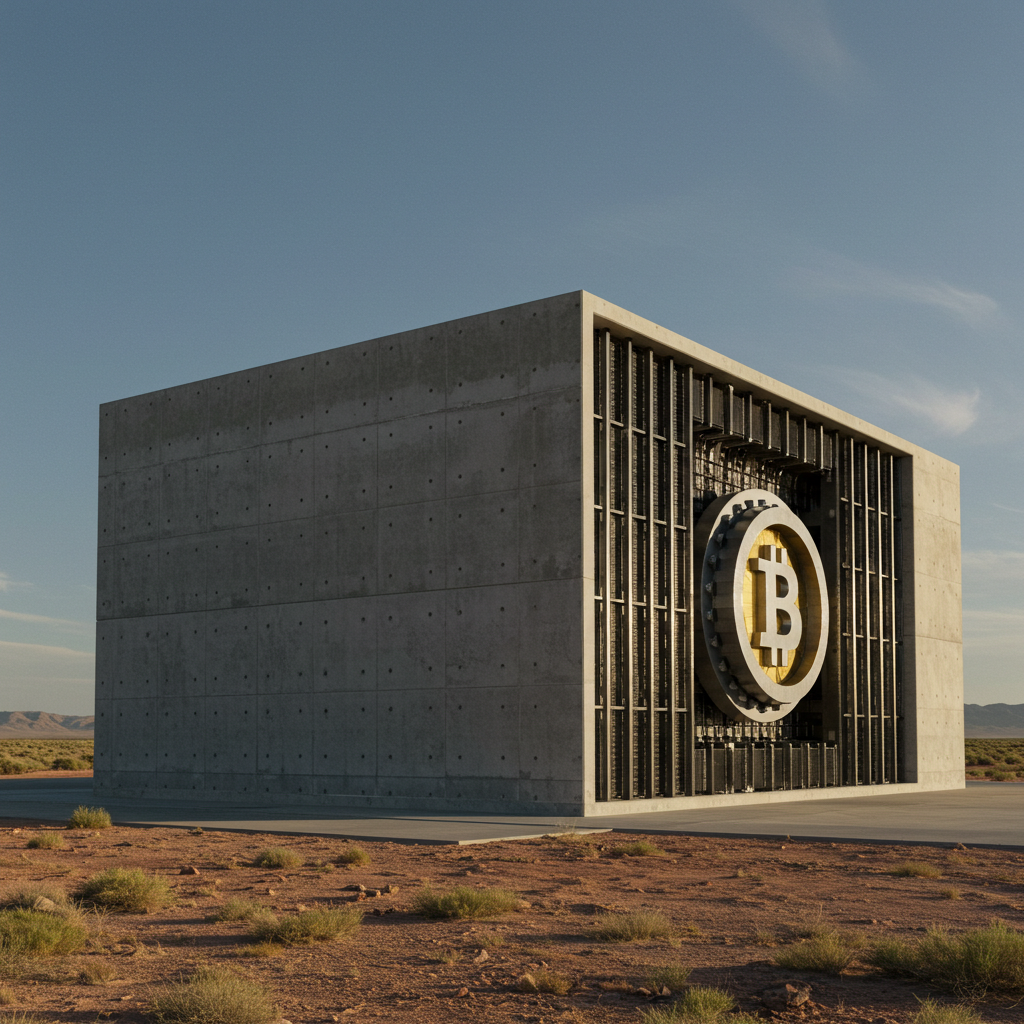
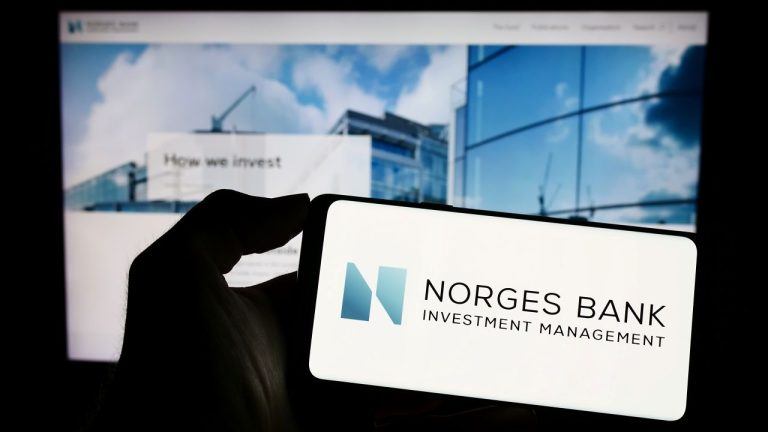


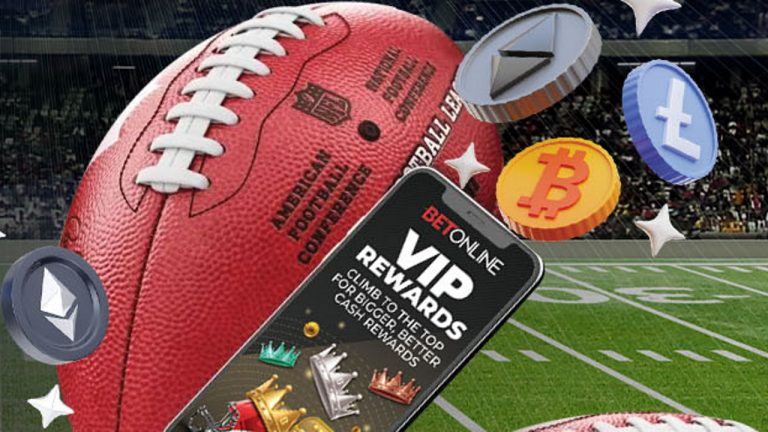

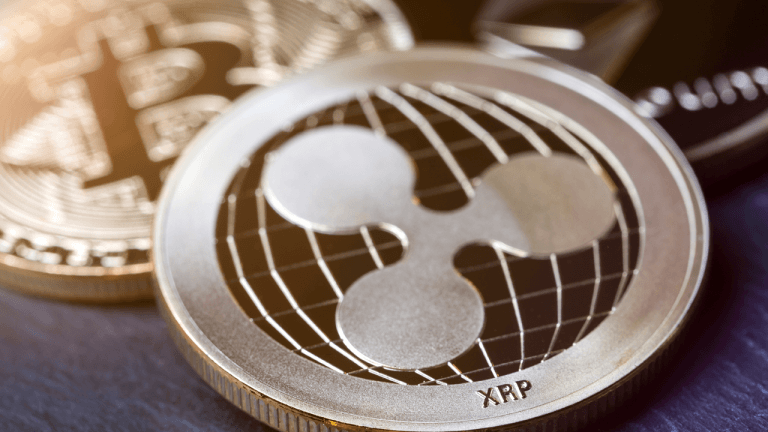

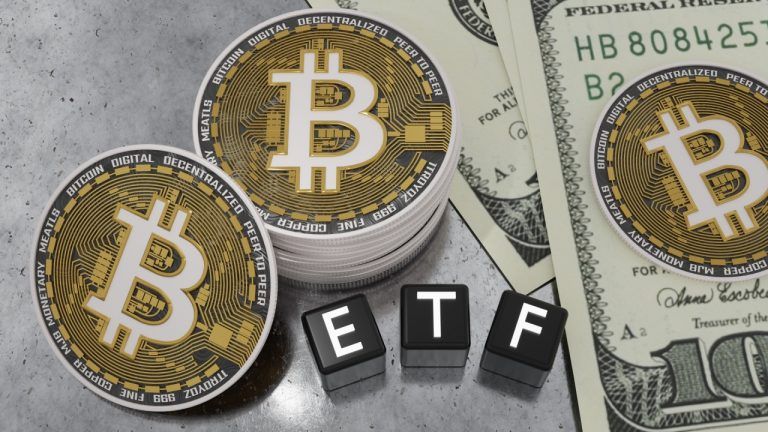
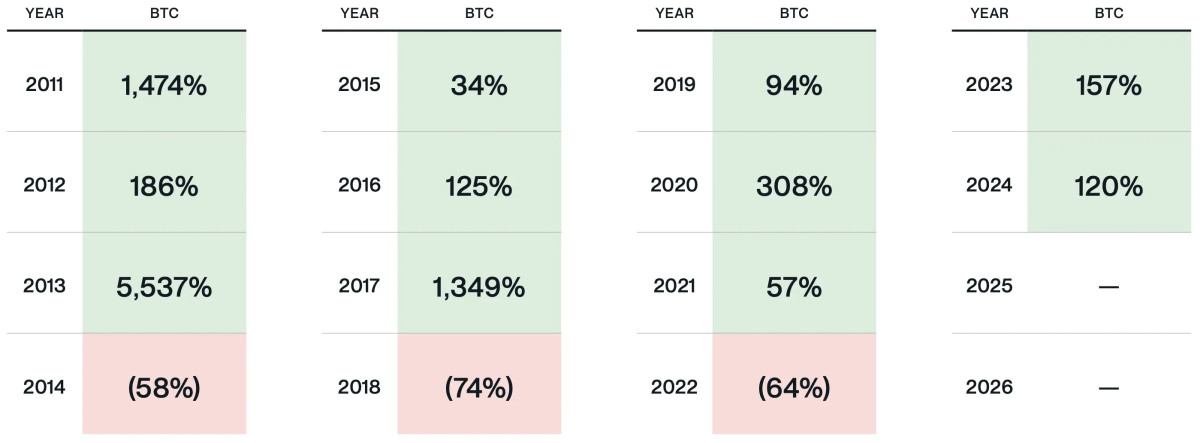



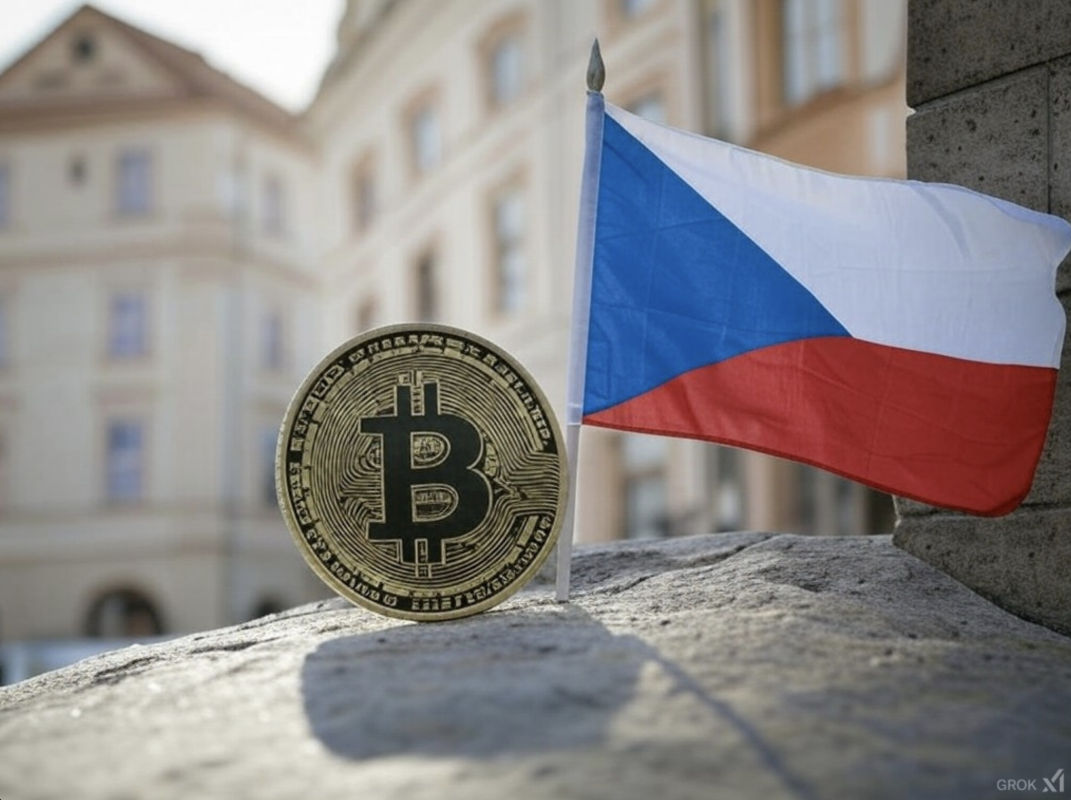

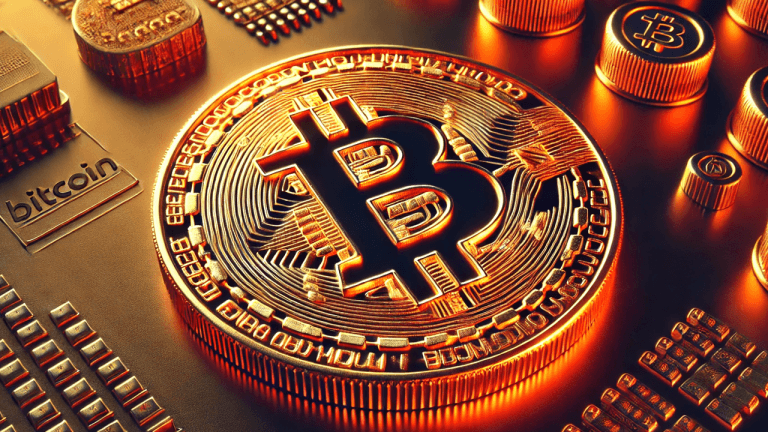
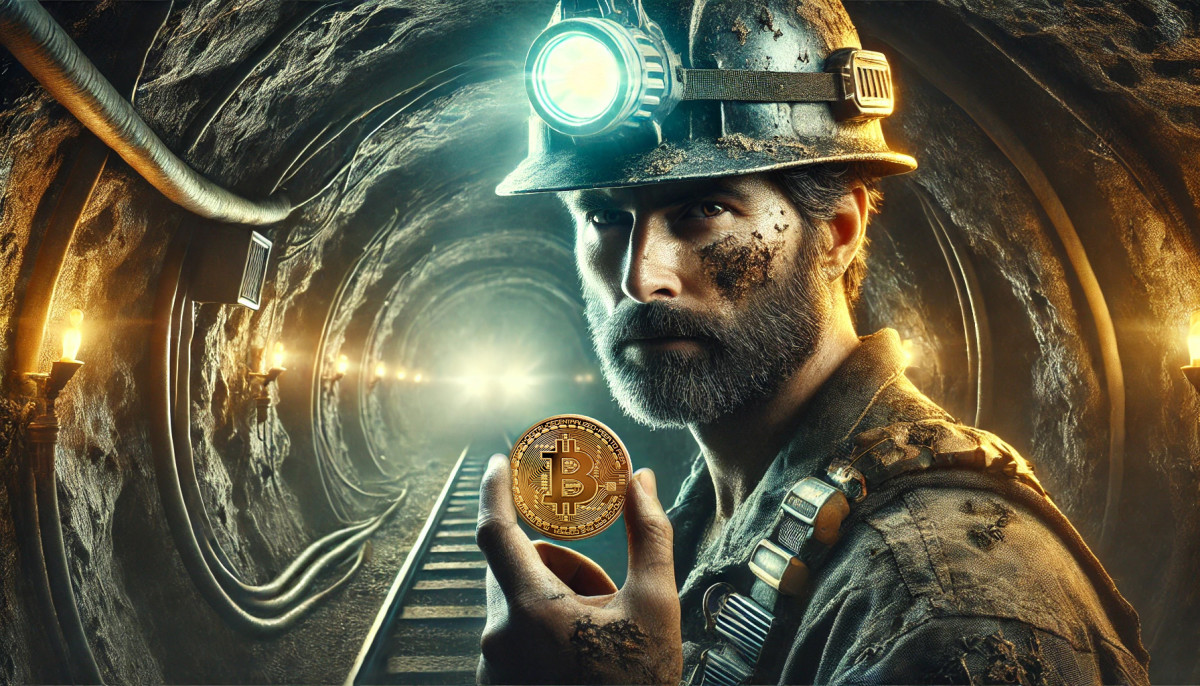


Comments